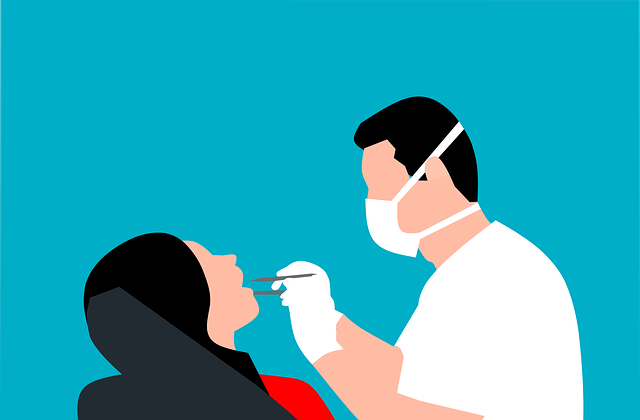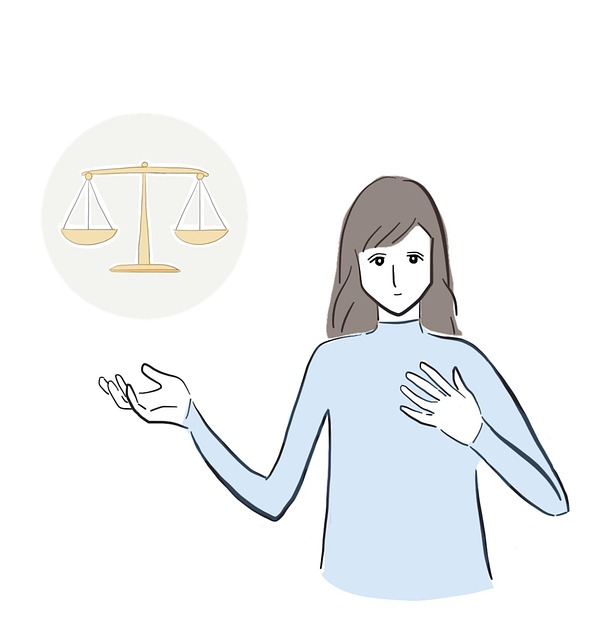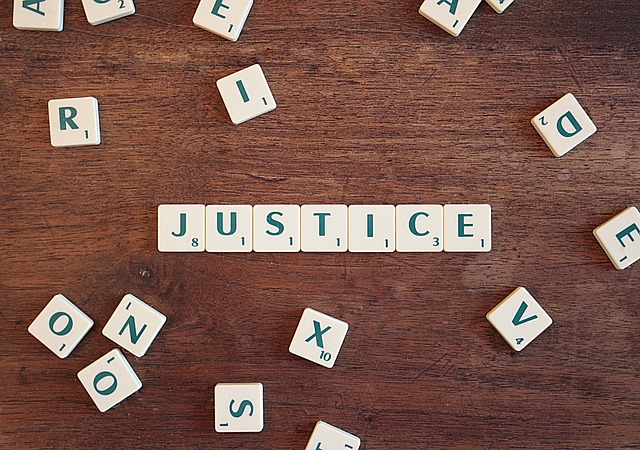Workers' Compensation (WC) offers structured support for employees injured on the job, providing medical care, wage replacement, and rehabilitation without complex litigation like personal injury settlements. WC focuses on job-related injuries, operating on a no-fault basis to streamline the process and prevent financial strain. In contrast, personal injury claims seek damages from negligent parties for various losses, including medical expenses and pain and suffering, requiring proof of liability. While WC aids employees, personal injury settlements recompense individuals harmed by another party's actions, catering to diverse needs like long-term care for the elderly.
“Uncover the distinct worlds of Workers’ Compensation and Personal Injury Settlements, two critical aspects of legal protection for individuals facing employment-related injuries or harm. While both offer financial aid, their fundamental differences lie in scope and eligibility.
Understanding Workers’ Compensation: A robust shield for on-the-job injuries, providing swift medical coverage and wage replacement. In contrast, Personal Injury Settlements address broader harm, offering compensation for pain, suffering, and lost opportunities beyond work-specific claims.
Explore these key distinctions to navigate your legal options effectively following a work injury settlement.”
- Understanding Workers' Compensation: A Legal Shield for Employment-Related Injuries
- Personal Injury Settlements: When Individual Claims Take Center Stage
- Key Differences: Unraveling the Distinctions Between Work Injury and Personal Injury Compensation
Understanding Workers' Compensation: A Legal Shield for Employment-Related Injuries

Workers’ Compensation is a crucial legal shield designed to protect employees who suffer injuries or illnesses related to their jobs. In many jurisdictions, this system provides a structured framework for managing and compensating work-related injuries, ensuring that employees receive support during their recovery without facing significant financial burdens. When an employee sustains a work injury, they can file a claim with their employer’s insurance provider, triggering a process aimed at swift resolution and fair compensation. This system differs from personal injury settlements, which often arise from non-employment-related incidents like car accidents or slip-and-falls.
Understanding Workers’ Compensation is essential for both employees and employers, as it clarifies rights and responsibilities in the event of on-the-job injuries. Unlike personal injury cases that may involve complex legal battles with potential financial rewards, workers’ compensation focuses on ensuring employees receive necessary medical care, wage replacement, and rehabilitation services without extensive litigation. This streamlined approach not only facilitates faster healing but also prevents prolonged business litigation and potential financial strain on both parties, making it a cornerstone of labor law in many countries.
Personal Injury Settlements: When Individual Claims Take Center Stage

When individuals suffer personal injuries due to someone else’s negligence or intentional actions, they often seek compensation through personal injury settlements. These claims can arise from a wide range of incidents, including car accidents, slip and falls, medical malpractice, and even nursing home abuse or elder abuse cases. In such scenarios, the focus shifts to the unique circumstances of each individual’s claim. Personal injury settlements aim to provide financial relief for various types of losses, such as medical expenses, lost wages, pain and suffering, and more.
Unlike workers’ compensation claims that are typically structured around job-related injuries, personal injury settlements tailor their awards to the specific needs and damages incurred by the claimant. For instance, if an elderly person suffers injuries in a nursing home due to neglect or abuse, a settlement might consider not only the physical and emotional trauma but also any long-term care requirements that may arise from the incident. This individualized approach ensures that victims receive fair compensation for their unique situations, whether it involves homeowner insurance claims or other forms of liability coverage.
Key Differences: Unraveling the Distinctions Between Work Injury and Personal Injury Compensation

When it comes to compensation for injuries sustained in a work-related incident versus personal injury cases, several key differences exist. Understanding these distinctions is crucial for both victims and legal professionals navigating these complex areas of law. The primary difference lies in the purpose and source of compensation.
A work injury settlement aims to provide financial support to employees who suffer injuries or contract illnesses while on the job. This is typically facilitated through workers’ compensation insurance, which employers are legally obligated to obtain. On the other hand, personal injury settlements result from negligence on the part of another party, such as a driver in a car accident or a nursing home facility with fiduciary duty breaches leading to neglect. In personal injury cases, individuals can seek damages for medical expenses, pain and suffering, lost wages, and more, directly from the at-fault party or their insurance carrier. Unlike workers’ comp, which is no-fault and designed to ensure employees receive care regardless of fault, personal injury settlements often require proving liability, especially when dealing with nursing home neglect or other complex cases.
In conclusion, while both workers’ compensation and personal injury settlements aim to provide financial relief for injuries, they serve distinct purposes. Workers’ comp focuses on employment-related harm, offering a structured system with guaranteed benefits, whereas personal injury claims encompass a broader range of incidents, aiming to compensate individuals for losses incurred due to another party’s negligence. Understanding these differences is crucial for those seeking redress for work injuries or personal harm, guiding them towards the appropriate legal avenue for their specific circumstances.






